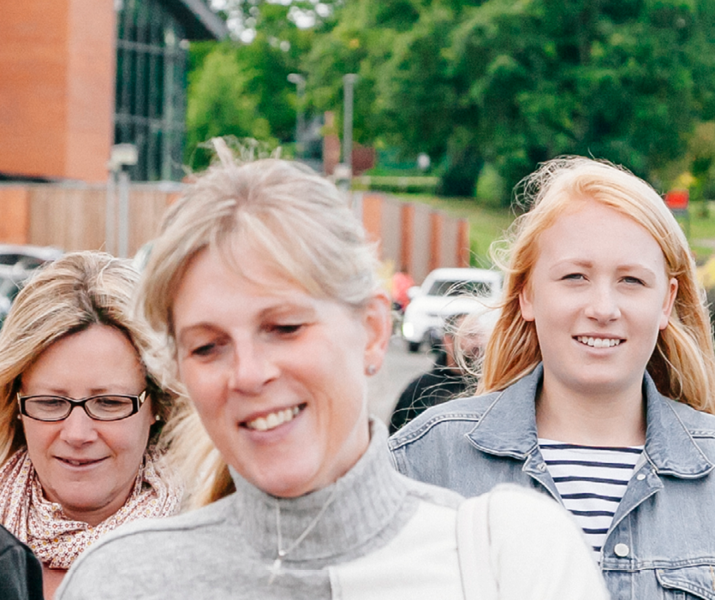Course information
At Hartpury you'll have unique opportunities to gain hands-on experience alongside our Sports Academy teams and utilise our extensive external partnerships. From providing nutritional support to a variety of athletes and teams to exploring roles in health and exercise-related industries, you'll gain real-world experience that sets you apart.
You'll be taught by industry-qualified staff with diverse sporting and clinical expertise, and you'll gain the specialist skills and competencies needed to excel as a sport and exercise nutritionist.
We are in the process of gaining accreditation from the Sport and Exercise Nutrition Register (SENr).
During this course you'll complete an industry placement to help you develop into an autonomous, evidence-based sport and exercise nutrition practitioner and provide you with a professional network whilst you complete your studies.
With a focus on applying theory to practice from day one, you'll refine your skills in our specialist nutrition kitchen and cutting-edge performance labs, ensuring you're industry-ready the moment you graduate.
Academic
Applicants should have a 2:1 honours degree in a relevant subject. Students with 2:2 and relevant experience will be considered on a case-by-case basis.
Non-academic
Students with non-relevant qualifications but with sufficient work experience or professional experience will be considered on an individual basis.
International
In addition to the academic qualification an IELTS 6.5 or equivalent is required.
Please contact us for further information.
Further information
It is important that your personal statement demonstrates evidence of:
- An understanding of the course, profession, and the regulatory body (The Sport & Exercise Nutrition Register)
- Your experience in sports and exercise sciences (study and/or experience you have in sport and exercise related setting/role)
- Evidence of your personal and professional qualities
- Desire to study the subject applied for.
Your career
Industry opportunities on this course are diverse to ensure you develop the skills, experience and connections needed for your graduate career. Many of our students secure graduate roles with their work placement employers.
Work placements and experience
Throughout your course you will have the chance to complete several on-campus opportunities through our in-house Sport Academy and engage in other external work placement opportunities.
Guest lecturers and continued professional development
As part of the programme, and to assist your professional development, you’ll undertake some additional CPD through both a Level 2 Food Safety and Hygiene qualification and the UKAD Clean Sport Advisor e-learning course.
Industry professionals and guest lecturers may form part of your learning, enabling you to gain different experiences and context of sport and exercise nutrition.
Continued Professional Development is a key part of Sport & Exercise Nutrition. Although not compulsory, Hartpury University may host or promote various extra-curricular activities and courses. Prices will vary depending on the nature and duration of the course, as well as the external provider.
Graduate destinations
As a graduate sport and exercise nutritionist, you may progress into a variety of industries and sports nutrition roles, including for clubs or teams, in private practices, or the fitness and health industry. Roles within the NHS and Ministry of Defence are also available, as is further postgraduate research.
You’ll also gain the transferable skills you need for other graduate careers. Our careers team can support you to find, and prepare you for, employment.
We're committed to supporting you to fulfil your unique potential while you're here so that you can achieve your personal and professional goals.
Duration
- 12 months, full-time
You will study full-time and subsequently complete within 12 months. The module contact demands during semester 1 and 2 will be approximately 8 hours a week spread over two days. Please note additional commitment is required for placement hours (200 hours) as part of the Industry Placement Experience module each student will need to negotiate the exact days/times for these with their placement provider.
Independent study is a key part of post graduate study. A minimum of 24 hours a week of self-directed reading and learning is expected for full engagement on this professional accredited MSc.
- Two years, part-time
Alternatively, we offer flexible part-time options to help students to manage their studies alongside other commitments enabling you to complete your qualification in two years. Please enquire for further details.
Your support network
You'll benefit from a strong support network from day one. This will range from your lecturers, supervisors and academic personal tutor to our specialist academic (Achievement and Success Centre), employability (Innovation, Careers and Enterprise) and wellbeing teams.
Your learning experiences
You'll experience a range of teaching methods to strengthen your understanding of topics, lectures, workshops, practicals, placements and tutorials. Much of the teaching will take place practically in person on campus, but some theoretical and support sessions will be hosted online.
Attendance requirements
You are expected to actively engage and attend all scheduled sessions and modules. As a pre-requisite to meet the professional body requirements, a minimum 80% attendance requirement is stipulated. Attendance will be monitored in all sessions across modules.
Course information
Overview
At Hartpury you'll have unique opportunities to gain hands-on experience alongside our Sports Academy teams and utilise our extensive external partnerships. From providing nutritional support to a variety of athletes and teams to exploring roles in health and exercise-related industries, you'll gain real-world experience that sets you apart.
You'll be taught by industry-qualified staff with diverse sporting and clinical expertise, and you'll gain the specialist skills and competencies needed to excel as a sport and exercise nutritionist.
We are in the process of gaining accreditation from the Sport and Exercise Nutrition Register (SENr).
During this course you'll complete an industry placement to help you develop into an autonomous, evidence-based sport and exercise nutrition practitioner and provide you with a professional network whilst you complete your studies.
With a focus on applying theory to practice from day one, you'll refine your skills in our specialist nutrition kitchen and cutting-edge performance labs, ensuring you're industry-ready the moment you graduate.
Entry requirements
Academic
Applicants should have a 2:1 honours degree in a relevant subject. Students with 2:2 and relevant experience will be considered on a case-by-case basis.
Non-academic
Students with non-relevant qualifications but with sufficient work experience or professional experience will be considered on an individual basis.
International
In addition to the academic qualification an IELTS 6.5 or equivalent is required.
Please contact us for further information.
Further information
It is important that your personal statement demonstrates evidence of:
- An understanding of the course, profession, and the regulatory body (The Sport & Exercise Nutrition Register)
- Your experience in sports and exercise sciences (study and/or experience you have in sport and exercise related setting/role)
- Evidence of your personal and professional qualities
- Desire to study the subject applied for.
Employability
Your career
Industry opportunities on this course are diverse to ensure you develop the skills, experience and connections needed for your graduate career. Many of our students secure graduate roles with their work placement employers.
Work placements and experience
Throughout your course you will have the chance to complete several on-campus opportunities through our in-house Sport Academy and engage in other external work placement opportunities.
Guest lecturers and continued professional development
As part of the programme, and to assist your professional development, you’ll undertake some additional CPD through both a Level 2 Food Safety and Hygiene qualification and the UKAD Clean Sport Advisor e-learning course.
Industry professionals and guest lecturers may form part of your learning, enabling you to gain different experiences and context of sport and exercise nutrition.
Continued Professional Development is a key part of Sport & Exercise Nutrition. Although not compulsory, Hartpury University may host or promote various extra-curricular activities and courses. Prices will vary depending on the nature and duration of the course, as well as the external provider.
Graduate destinations
As a graduate sport and exercise nutritionist, you may progress into a variety of industries and sports nutrition roles, including for clubs or teams, in private practices, or the fitness and health industry. Roles within the NHS and Ministry of Defence are also available, as is further postgraduate research.
You’ll also gain the transferable skills you need for other graduate careers. Our careers team can support you to find, and prepare you for, employment.
How you'll study
We're committed to supporting you to fulfil your unique potential while you're here so that you can achieve your personal and professional goals.
Duration
- 12 months, full-time
You will study full-time and subsequently complete within 12 months. The module contact demands during semester 1 and 2 will be approximately 8 hours a week spread over two days. Please note additional commitment is required for placement hours (200 hours) as part of the Industry Placement Experience module each student will need to negotiate the exact days/times for these with their placement provider.
Independent study is a key part of post graduate study. A minimum of 24 hours a week of self-directed reading and learning is expected for full engagement on this professional accredited MSc.
- Two years, part-time
Alternatively, we offer flexible part-time options to help students to manage their studies alongside other commitments enabling you to complete your qualification in two years. Please enquire for further details.
Your support network
You'll benefit from a strong support network from day one. This will range from your lecturers, supervisors and academic personal tutor to our specialist academic (Achievement and Success Centre), employability (Innovation, Careers and Enterprise) and wellbeing teams.
Your learning experiences
You'll experience a range of teaching methods to strengthen your understanding of topics, lectures, workshops, practicals, placements and tutorials. Much of the teaching will take place practically in person on campus, but some theoretical and support sessions will be hosted online.
Attendance requirements
You are expected to actively engage and attend all scheduled sessions and modules. As a pre-requisite to meet the professional body requirements, a minimum 80% attendance requirement is stipulated. Attendance will be monitored in all sessions across modules.
Qualifications and modules
Our SENr registered Sport and Exercise Nutrition academic staff will deliver the course through a series of taught and practice-based learning sessions. Practical sessions will involve laboratory, field-based and nutrition kitchen-related work to develop the range of practical skills and competencies required of a sport and exercise nutritionist. The theory sessions will cover the key principles of sport and exercise nutrition, exercise metabolism and biochemistry, ensuring that you possess a strong scientific knowledge to underline their applied practice.
Progress your career through a variety of learning and teaching methods to encourage reflective and critical thinking skills, enabling you to become confident and autonomous learners. You’ll develop strong academic and practical competencies, so you are readily employable and well-equipped for lifelong learning.
You’ll be assessed using a range of methods including written coursework assignments, oral presentations, applied case studies and practical assessments. There are formative assessment opportunities within all modules to help you prepare for summative assessments. Following completion of any summative assessment, you’ll receive written feedback on your performance, as well as guidance on how to improve for future assessments.
Explore the compulsory modules for this course. All modules are compulsory for the MSc award and to be eligible to apply for membership of the Sport & Exercise Nutrition (SENr).
Module credits
Upon successful completion of your modules you’ll gain academic credit that accumulates towards your award. The marks you gain may contribute towards your final master’s degree differential award (pass, merit or distinction).
Compulsory Modules
Sport & Exercise Nutrition
The aim of this module is to provide students with the knowledge and understanding of core sport and exercise nutrition and human physiology.
Practical Sports Nutrition
The aim of this module is to introduce students to practical skills which can be applied to different groups within the sport and exercise nutrition sector, including athletes, hose with clinical issues, health and fitness clients. These skills form the foundation of nutritional practice and provide key preparation for professional placement activities.
Exercise Metabolism and Biochemistry
The aim of this module is to ensure students know and understand the mechanisms for the integration of metabolism at molecular, cellular and whole-body levels. This module will also provide the opportunity to critically evaluate methods of measurement and evaluation including anthropometric, dietary, biochemical, physiological and functional methods of assessment.
Contemporary Topics in Sport & Exercise Nutrition
The aim of this module is to ensure that students have an awareness of the nature of different sports and client populations to ensure an interdisciplinary approach to nutrition support. The module will also debate novel topics and emerging areas of contemporary interest within the sport and exercise nutrition sector to ensure that students are aware of the latest sector developments and have a critical understanding of the scientific basis on which they are based.
Postgraduate Industry Placement Experience
The aim of this module is to allow students to undertake an industry placement to develop critical awareness of their own skillset through continual engagement with the practical application of learning theory and performance skills.
High Performing Environments
The aim of this module is to understand the theories of, and professional practice in, the management of interpersonal relationships, including conflict resolution, in the context of challenging (and often competing) personal and professional goals. Student will also debate ethical issues surrounding multidisciplinary teams in sport and exercise nutrition and appraise the relative merits of mono, multi and inter-disciplinary approaches to this work.
The Research Process
The aim of this module is to allow students to critically evaluate a range of quantitative, qualitative and mixed-methods research designs and explore ethical considerations within the field of sport and exercise nutrition.
Postgraduate Dissertation
The aim of this module is to allow students to complete a piece of work around a chosen topic, allowing you to demonstrate competence in the planning, execution, analysis and evaluation of a Research Project.
Qualifications and modules
MSc degree
Our SENr registered Sport and Exercise Nutrition academic staff will deliver the course through a series of taught and practice-based learning sessions. Practical sessions will involve laboratory, field-based and nutrition kitchen-related work to develop the range of practical skills and competencies required of a sport and exercise nutritionist. The theory sessions will cover the key principles of sport and exercise nutrition, exercise metabolism and biochemistry, ensuring that you possess a strong scientific knowledge to underline their applied practice.
Progress your career through a variety of learning and teaching methods to encourage reflective and critical thinking skills, enabling you to become confident and autonomous learners. You’ll develop strong academic and practical competencies, so you are readily employable and well-equipped for lifelong learning.
You’ll be assessed using a range of methods including written coursework assignments, oral presentations, applied case studies and practical assessments. There are formative assessment opportunities within all modules to help you prepare for summative assessments. Following completion of any summative assessment, you’ll receive written feedback on your performance, as well as guidance on how to improve for future assessments.
Modules
Explore the compulsory modules for this course. All modules are compulsory for the MSc award and to be eligible to apply for membership of the Sport & Exercise Nutrition (SENr).
Module credits
Upon successful completion of your modules you’ll gain academic credit that accumulates towards your award. The marks you gain may contribute towards your final master’s degree differential award (pass, merit or distinction).
Compulsory Modules
Sport & Exercise Nutrition
The aim of this module is to provide students with the knowledge and understanding of core sport and exercise nutrition and human physiology.
Practical Sports Nutrition
The aim of this module is to introduce students to practical skills which can be applied to different groups within the sport and exercise nutrition sector, including athletes, hose with clinical issues, health and fitness clients. These skills form the foundation of nutritional practice and provide key preparation for professional placement activities.
Exercise Metabolism and Biochemistry
The aim of this module is to ensure students know and understand the mechanisms for the integration of metabolism at molecular, cellular and whole-body levels. This module will also provide the opportunity to critically evaluate methods of measurement and evaluation including anthropometric, dietary, biochemical, physiological and functional methods of assessment.
Contemporary Topics in Sport & Exercise Nutrition
The aim of this module is to ensure that students have an awareness of the nature of different sports and client populations to ensure an interdisciplinary approach to nutrition support. The module will also debate novel topics and emerging areas of contemporary interest within the sport and exercise nutrition sector to ensure that students are aware of the latest sector developments and have a critical understanding of the scientific basis on which they are based.
Postgraduate Industry Placement Experience
The aim of this module is to allow students to undertake an industry placement to develop critical awareness of their own skillset through continual engagement with the practical application of learning theory and performance skills.
High Performing Environments
The aim of this module is to understand the theories of, and professional practice in, the management of interpersonal relationships, including conflict resolution, in the context of challenging (and often competing) personal and professional goals. Student will also debate ethical issues surrounding multidisciplinary teams in sport and exercise nutrition and appraise the relative merits of mono, multi and inter-disciplinary approaches to this work.
The Research Process
The aim of this module is to allow students to critically evaluate a range of quantitative, qualitative and mixed-methods research designs and explore ethical considerations within the field of sport and exercise nutrition.
Postgraduate Dissertation
The aim of this module is to allow students to complete a piece of work around a chosen topic, allowing you to demonstrate competence in the planning, execution, analysis and evaluation of a Research Project.
The modules contain a mixture of scheduled learning – lectures, workshops, practical sessions and online delivery – alongside independent learning. Students are expected to dedicate at least two to three hours of independent study per contact hour.
The course is taught in English.
| Contact learning | Placement learning | Independent learning | |
| MSc degree | 10% | 11% | 79% |
You'll be assessed through a mixture of practical exams and written assignments. Many of the modules will be marked based on a mixture of assessment types, whilst others will be based solely on one type of assessment.
Feedback will be given in written form, with the option to discuss all feedback with academic staff.
| Written exam | Practical exam | Coursework | |
| MSc degree | 5% | 25% | 70% |
This master’s course is run over 12 months and is made up of two taught semesters (Sep-May), within which you’ll study compulsory modules. Additional commitment is required for placement hours (200 hours) as part of the Industry Placement Experience module
Part time options are available.
A condensed timetable will support study flexibility around existing commitments but work placement and opportunities will require additional commitments throughout the entirety of the course.
Please visit our student finance page for information on tuition fees and student loans, as well as non-repayable grants, bursaries and scholarships, eligible to different groups, to support with study costs.
Studentship scheme
Our Postgraduate Studentship Scheme provides a fantastic development opportunity, enabling you to complement your postgraduate study with important real-world research within a paid position at Hartpury.
Additional costs
In the module of the course, students are expected to source a placement that meets the accredited criteria. This may have additional travel costs.
Hartpury University may host various extra-curricular activities and courses, prices may vary dependent on the nature and duration of the course and external provider, but these are not compulsory.
Performance Sports Academy membership
Find out costs and details for joining one of our performance Sports Academy teams.
Hartpury gym
Find out about costs and details for joining the Hartpury gym.
Accommodation and living costs
Please visit our student accommodation page for details.
Our Resource Library is where you'll find all the essential details about Hartpury University's courses. It includes Programme and Module Specifications, along with Course Information Sheets for every course. You can easily download a complete revision history for each of these, clearly showing the dates changes were made.
Course Information Sheets: These are PDF versions of the course webpages. They provide an overview of the course, what to expect during your studies, and the topics covered.
Programme Specifications: These are detailed, validated documents containing academic specifics for each programme. They include descriptions of the programme, its aims, learning outcomes, year and module structure, as well as teaching, learning, and assessment strategies.
Module Specifications: Each Programme consists of several Modules. Our Module Specifications outline the topics covered and the expected outcomes for students studying each Module.
It's a good idea to think about fees and funding around your course as early as you can. We can help you to understand and take control of your finances. Here’s everything you need to know at a glance.
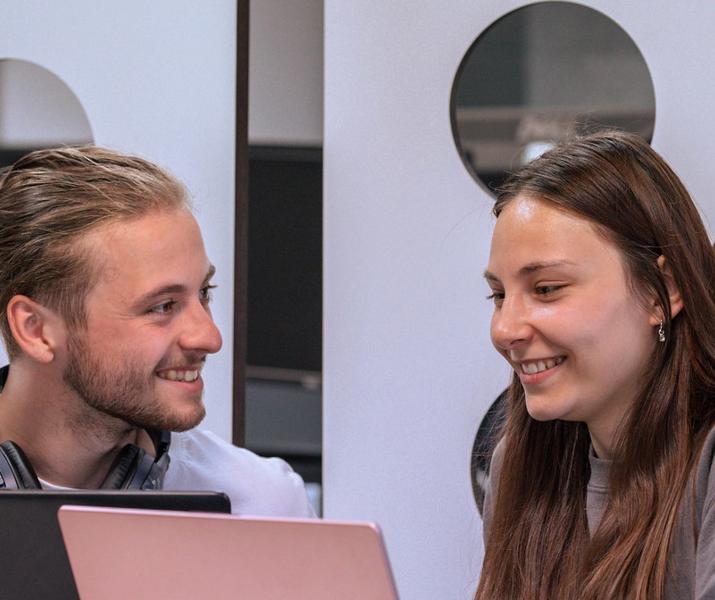
Our specialist facilities match our specialist nature. Students benefit from access to some of the most advanced facilities in the world at an educational institution.
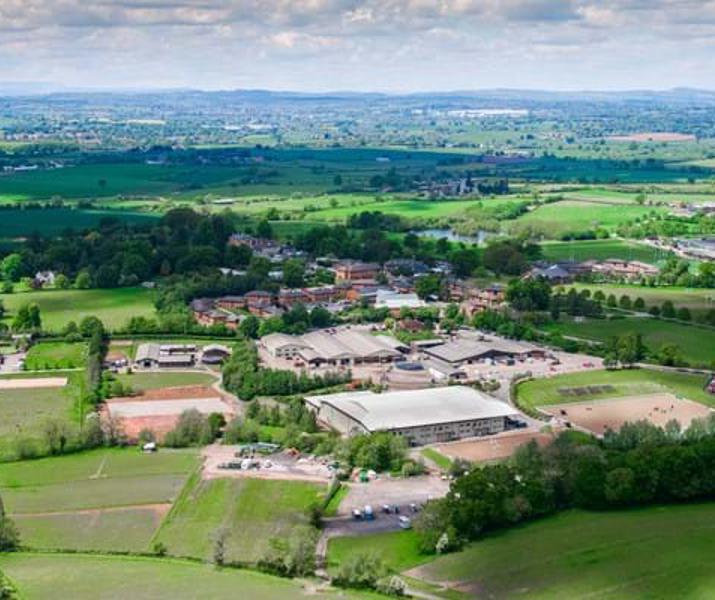
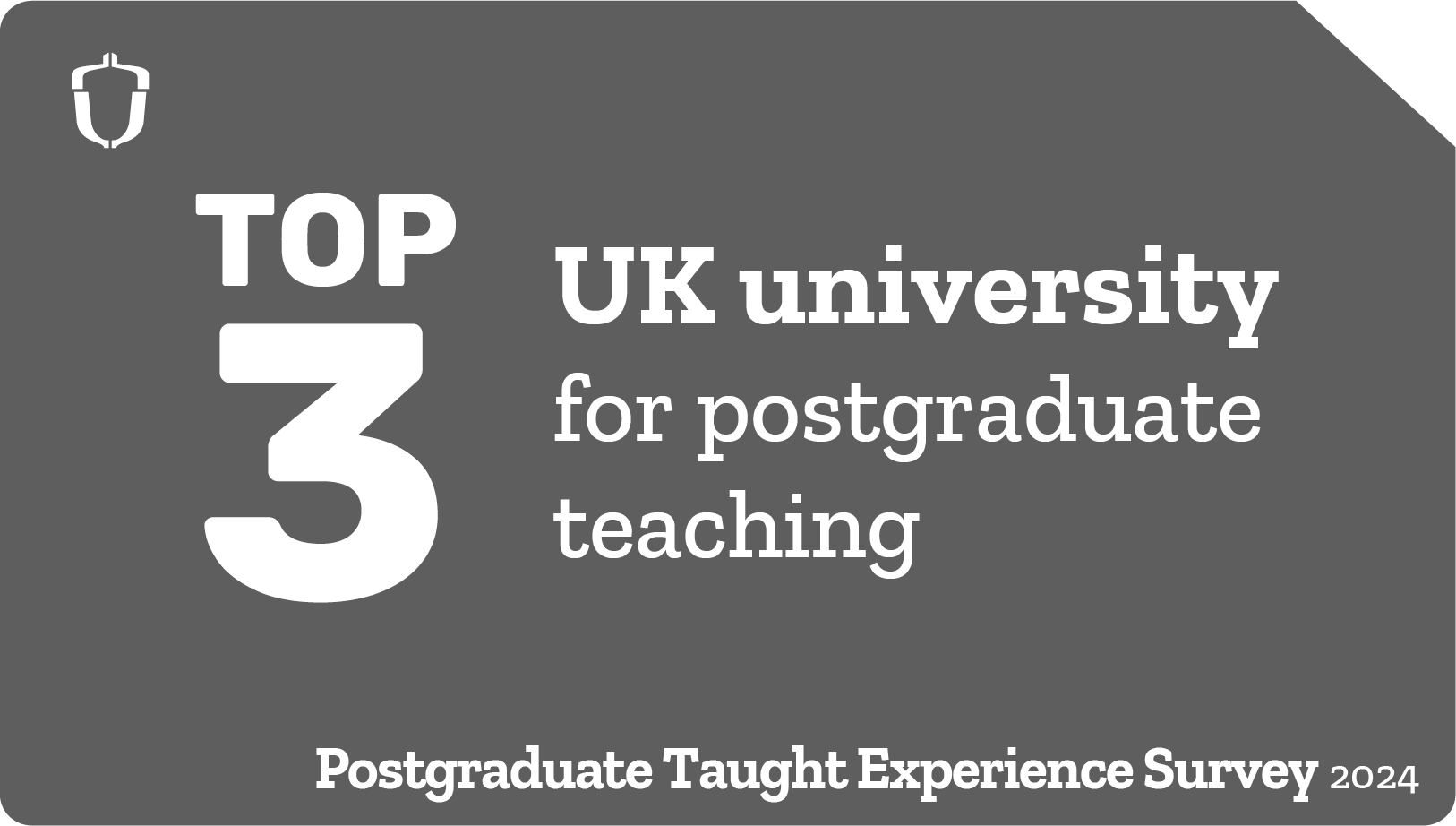
Top 3 UK University
We're a top 3 UK university for postgraduate teaching, and top 5 UK university for overall postgraduate satisfaction (PTES 2024).
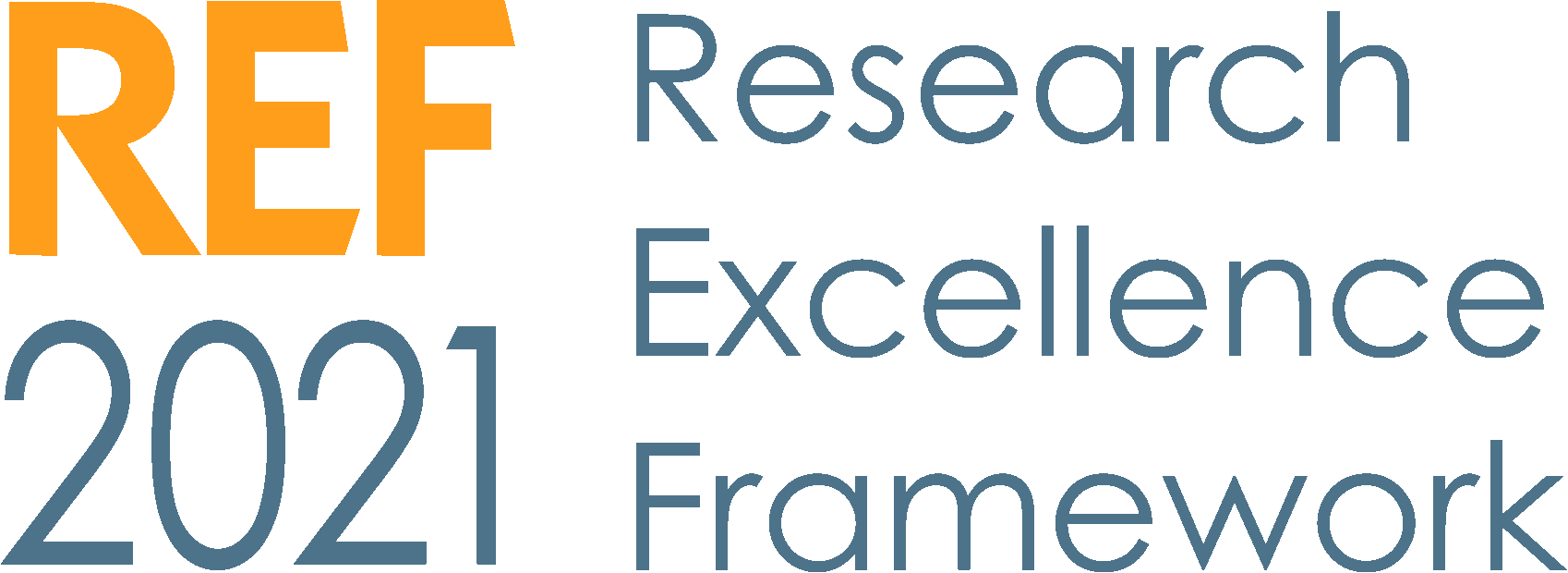
World leading
Our research has been recognised as 'world-leading' and 'internationally excellent' (Research Excellence Framework 2021).
Register your interest
Important information
Every effort has been made to ensure the accuracy of our published course information, however our programmes are reviewed and developed regularly. Changes or cancellation of courses may be necessary to ensure alignment with emerging employment areas, to comply with accrediting body requirements, revisions to subject benchmark statements or as a result of student feedback. We reserve the right to make necessary changes and will notify all offer-holders of changes as and when they occur.



